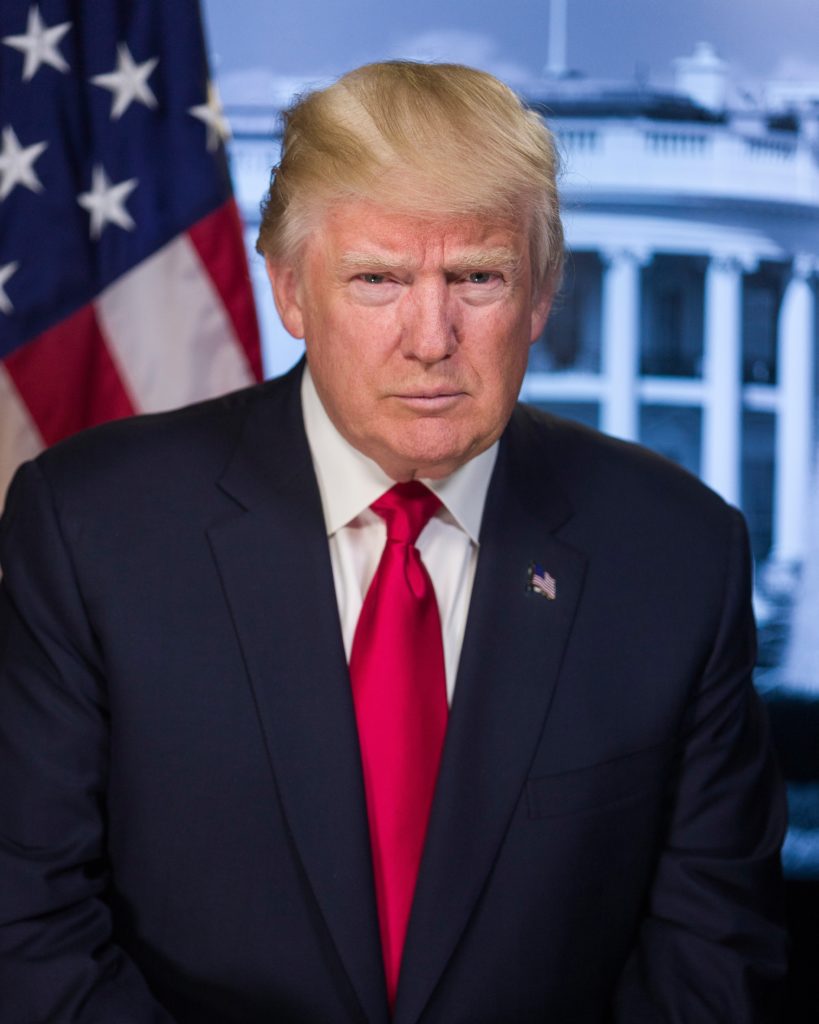Related Articles
Organising Chaos: Trump Inc. Running America
What happens when the dog catches the car? When your organisation goes mainstream, what are the challenges facing its leaders?
An insurgent company has incredible advantages over its established rivals – flexibility, an openness to new ideas, a disruptive mindset – but what happens when the dog catches the car? When your organisation goes mainstream, what are the challenges facing its leaders?
Last November, Trump Inc. caught the car. An agile, family owned business suddenly found itself essentially managing one of the largest bureaucracies in the world. Leaving aside political (and moral) affiliations and predilections, this is a unique challenge in history. No US President has kept their business interests alive, even after taking office, and a business that is essentially built on the Trump brand name.
Now President Trump is trying to transfer the autocratic, personality led style of leadership from a single office in Trump Tower to 1600 Pennsylvania Avenue.

In May 2016, Donald Trump, presumptive Republican presidential nominee, said during a campaign event in San Diego, California, U.S., that he would rescind “job-destroying” Obama administration environmental actions within 100 days of taking office and cancel a landmark international climate deal reached last year in Paris.
Organisational Culture
Organisational culture and organisational structure are two intriguing issues at the core of his current challenges and the seeming inability to govern effectively. The heart of the challenge is this – a nepotistic, family run enterprise that does not value challenge or cross checks is now running a large complex bureaucracy where challenge and cross checking are fundamental to the organisations core functioning.
One of the biggest cultural challenges is executive talent. Delegation will always become key in this situation, but an unwillingness to embrace new people and ideas will destroy what makes that delegation effective, and leads to Jared Kushner trying to solve the Middle East Crisis, reforming the criminal justice system, tackling the opioid epidemic and, while he’s at it, revamping the entire federal government.
In the political world, not embracing new people might include not including former political rivals. In the business world, it can be closing your eyes to competitors and what they are doing, and the resources they are using to achieve their success. Acknowledging that ‘your side’ doesn’t have all the answers is the first step to bringing more people onto your side.
Recruit, Recruit, Recruit
The obvious solution here in a ‘normal’ organisation would be to co-opt credible senior talent into the organisation – however, this is becoming increasingly difficult as career government officials do not want to be associated with the current administration. Their history of blocking potential appointments based on past criticisms has given them a reputation that the best and brightest do not want to come and work for, despite the unquestionable lure of both serving your country and the most powerful office in the world.
The best leaders surround themselves with a varied and talented group of people who are confident, competent and committed. Strong leaders expect challenge from their staff. It is hard to see that type of assertive behaviour being rewarded in this administration.
Behaviour that most people would consider problematic has been justified, excused, explained and defended on the back of loyalty to the incumbent by the staff around him. This loyalty has frequently been rewarded with support or promotion. Any contradictory voices are not around long enough to have any influence hence a vicious circle of problematic behaviour being re-enforced.
Structure
Structurally, you have an executive cohort that do not seem to have many functioning checks and balances and for whom ‘challenging the incumbent’ has clearly been demonstrated to be ‘career limiting behaviour’.
One of Trump’s key promises was to ‘Drain the Swamp’. In other words, change the culture in Washington and break the cycle of perceived corruption. Michael Moore described it as ‘throwing a Molotov cocktail into the Washington establishment’. However, to change a large bureaucracy, you need to know how it currently works or at least attempt to understand. It is hard to break something you can’t see, and impossible when you aren’t looking.
Insurgent companies see a problem in the marketplace and instinctively reach for a solution. They are not looking to break the system, they are looking to rebuild it in their own image. This demands vision, talent and determination. It requires both chaos and structure.
Unfortunately, within the Trump organisation it’s only the chaos that is rewarded. People that draw the admiration of the president is from those that shout loudest on television, while ignoring those that are quietly getting on with their jobs. This is equivalent to only listening to those colleagues that talk at meetings and not the employee who delivers again and again, without fuss.
A Mounting Challenge
When you scale ineffectively through an unwillingness to change and recruit from a limited pool of talent, the challenges begins to snowball. The evaluative process of one organisation either merging with or acquiring another from a talent perspective must be objective, fair and divorced from emotion.
In this administration’s case (for the reasons outlined previously) the process would appear to be none of the above. Culture and structure are two core elements of overhauling a large bureaucracy – however, the character of the person endeavouring to do the overhauling is also a core issue. For this reason, systemic and meaningful development of the US government organisation may already be beyond the current administration.
Edwin O’ Hora is the Programme Director for the IMI Diploma in Organisational Development and Transformation. Edwin works with a range of clients in different sectors in the areas of growing organisations, making them scalable and developing and sustaining high performance.




